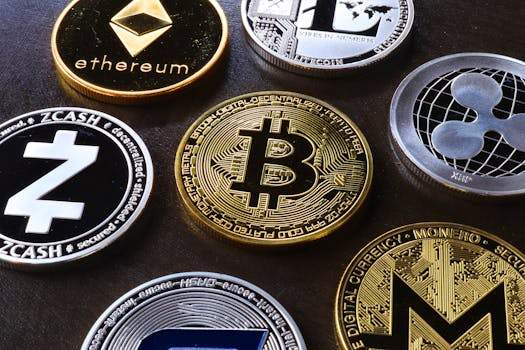
“`html
As we navigate the road to 2025, Bitcoin continues to emerge as a pivotal force in the global economy. Its decentralized nature and innovative technology have not only revolutionized how we perceive money but also challenged traditional financial systems.
The Rise of Bitcoin

Bitcoin was introduced in 2009 by an anonymous entity known as Satoshi Nakamoto. Initially regarded as a speculative asset, it has evolved into a legitimate financial instrument embraced by individuals, corporations, and even governments. By 2025, it is projected that Bitcoin will play a significant role in global transactions and investments.
Bitcoin’s Impact on Investment Strategies

Investors are increasingly recognizing Bitcoin as a hedge against inflation and economic instability. Its limited supply and decentralized nature provide an alternative to fiat currencies, which are often subject to inflationary pressures. As institutional investors enter the market, the demand for Bitcoin is expected to rise, influencing global investment strategies.
The Role of Blockchain Technology

Bitcoin operates on blockchain technology, which ensures transparency and security in transactions. This technology has the potential to disrupt various industries beyond finance, including supply chain management, healthcare, and real estate. As businesses adopt blockchain, the way we conduct transactions may fundamentally change by 2025.
Regulatory Challenges and Opportunities

As Bitcoin gains popularity, governments worldwide are grappling with regulatory frameworks. Striking a balance between fostering innovation and protecting consumers is crucial. By 2025, we may see more robust regulations that could either enhance Bitcoin’s legitimacy or stifle its growth.
Conclusion: The Future of Bitcoin

In conclusion, the road to 2025 presents both challenges and opportunities for Bitcoin. As it continues to shape the global economy, understanding its implications is essential for investors, policymakers, and consumers alike. Embracing this transformative technology could lead to a more decentralized and equitable financial future.
“`


